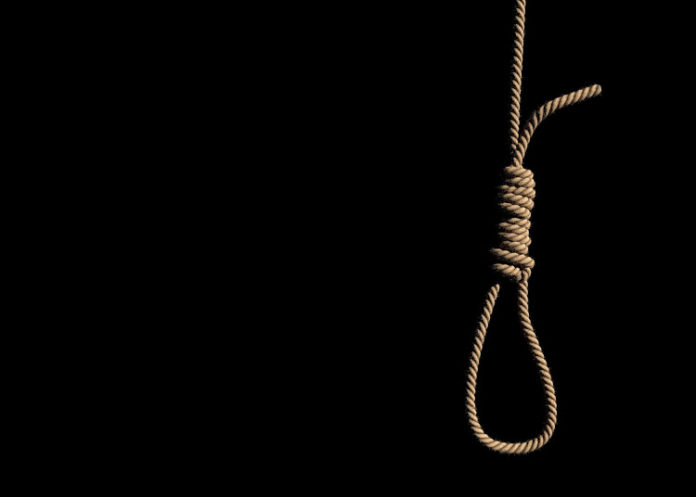
Every year close to 800 000 people take their own life and there are many more people who attempt suicide.
In Ghana, 1515 people committed suicide in 2016 of which 80% were men (WHO,2019).
Police are usually considered a high-risk group to suicide. Recent news reports in Ghana of three suicide cases among the police personal in the spate of three weeks is alarming and calls for action.
Action not just to investigate the cause of death but also to understand what is wrong with ours policing service.
It has become imperative for stakeholders to intervene as a matter of urgency as an emerging public health problem even as we face the COVID pandemic.
As a country, the sanity of our security personnel is key to keeping the peace within themselves and the country.
The importance of the security services namely, the Ghana Police Service, the Ghana Immigration Service, Prison Service, and others cannot be overemphasised.
The stress factors of the profession need to be critically reviewed and addressed to improve the mental health of our first-line responders.
The mental health of police personnel is greatly affected by various conditions linked to the very nature of their work.
Protection of life and property duties can be stressful, and this has made suicide in this population a current health issue in different parts of the world particularly in Ghana.
While the link between suicide and mental disorders (in particular, depression and alcohol use disorders) is well established in high-income countries, many suicides happen impulsively in moments of crisis with a breakdown in the ability to deal with life stresses, such as financial problems, relationship break-up or chronic pain and illness.
A study on suicidal behaviour in the Ghana Police Service published by Quashie et al (2020), established that, 26.9% of officers in a 12-month period had thoughts of suicide which were significantly influenced by age, marital status, and job satisfaction.
This and other studies have suggested intervention efforts are needed to prevent the onset of suicidal ideation and possible transition to suicide among police officers in Ghana.
Knowledge of the most commonly used suicide methods is important to devise prevention strategies which have shown to be effective, such as restriction of access to means of suicide.
The author outlines some recommendations for prompt consideration by the Ghana Interior Ministry for our service personnel to advert subsequent deaths within the service, particularly among the Ghana Police Service.
Firstly, as a country, it is important to inculcate mental health and wellbeing resource training as development packages for officers with a focus on suicide risk management.
Structured learning and role-play on risk situation management should be considered.
Basic training is given by health professionals in support of cases of depression and suicide risk.
Training could foster more adaptive beliefs about suicide prevention to decrease the reluctance of professionals seeking care.
The service should promote the use of e-learning modules and use suitable material on the internet for self-help.
It is also critical to create progress analysis and discussion groups to facilitate open discussion on learning modules. Development of dissemination material on the subject: brochures, posters, and notes in the media are essential.
Secondly, psychological support systems within the service will increase knowledge of suicide and other topics that improve their attitude.
Despite the shortage of dedicated psychologist, identifying liaison offers frequent training can help maintain staff confidence in this regard to avoid anxiety and depression.
Furthermore, training in improving self-efficacy, suicide intervention, crisis intervention, treatment of alcohol and drug abuse will be useful for service personnel.
A recent analysis by Tanko (2020) of suicide trends in online news reports suggests that firearm suicide is the second most common method of suicide behind hanging.
Considering fact that police officers are more likely to have unfettered access to firearms, it is important for further training against the ‘weapons effect’ which is a controversial psychological theory which postulates that the mere presence of a weapon or its picture can lead to aggressive behaviour especially in humans who are already aroused or anxious.
More so, timely detection of suicide risk and health orientation, presentation of experiences of attempted survivors in open conversation spaces, development of follow-up actions-internal investigation on daily practices, and interactions related to suicide.
Opening of helplines and early attention is essential in mitigating suicide risk.
Finally, suicide is a complex issue and therefore suicide prevention efforts require coordination and collaboration among multiple sectors of society, including the health sector and other sectors such as interior ministry, education, labour, agriculture, business, Attorney, defence, and the media.
These efforts must be comprehensive and integrated as no single approach alone can make an impact on an issue as complex as suicide.
Author: Pascal Landindome Navelle
Mind ‘N’ Health Foundation Ghana
